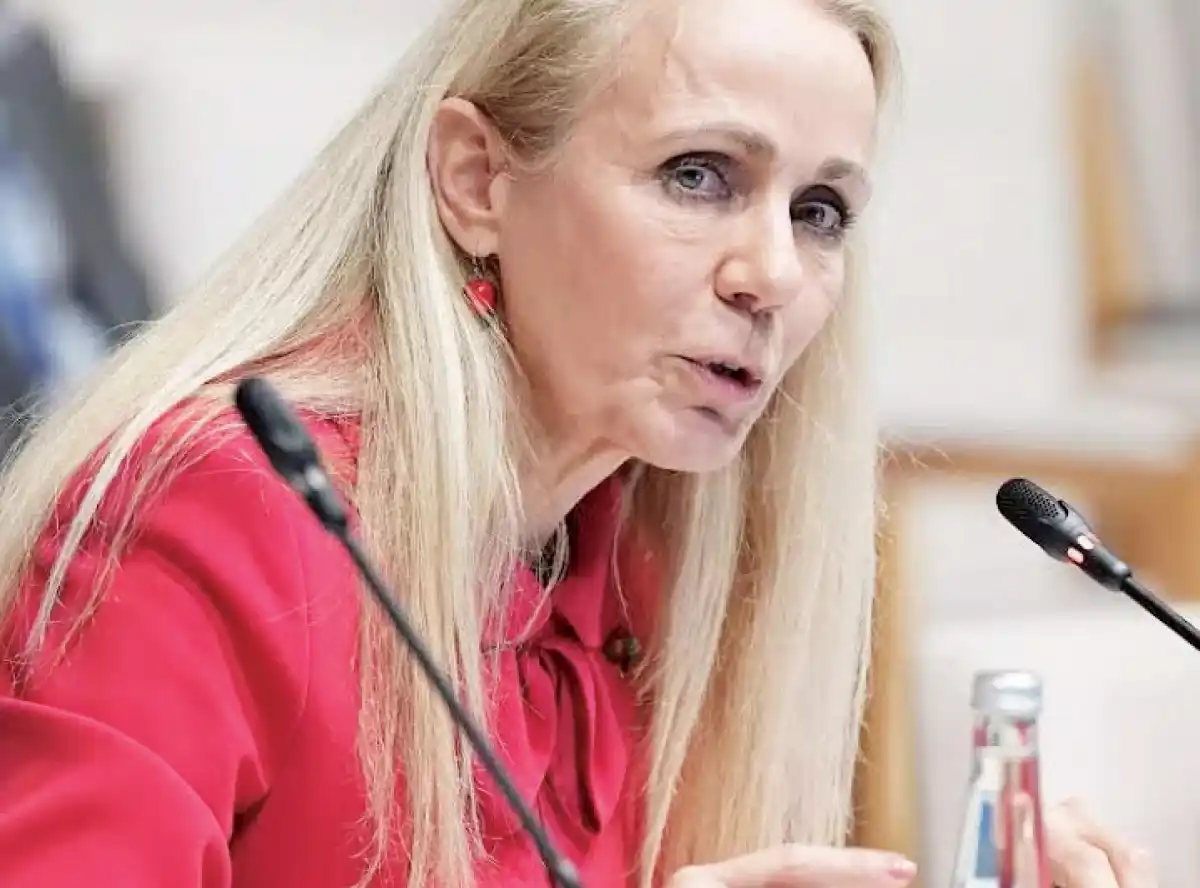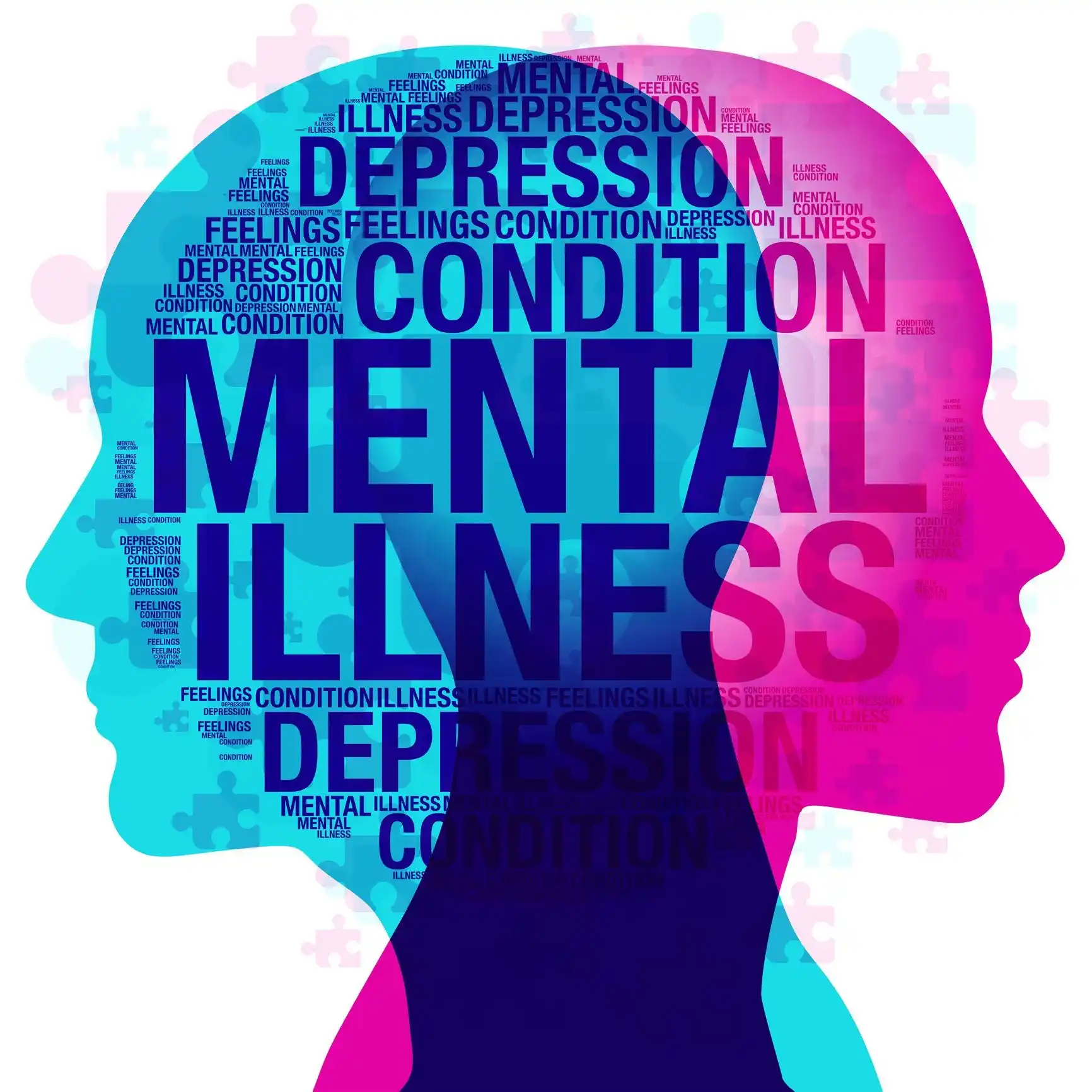
The State of Global Air (Soga) report published in partnership with the United Nations Children’s Emergency Fund (Unicef) warned that air pollution is increasingly impacting human health, and is now the second leading global risk factor for premature death.
The fifth edition of the report, released by the Health Effects Institute (HEI), revealed that air pollution caused 8.1 million deaths worldwide in 2021 and that many millions are dealing with debilitating chronic diseases.
Further, it found that children under five are particularly vulnerable to air pollution, leaving over 700,000 in this age group dead in 2021.
The Soga report found that pollutants like outdoor fine particulate matter, which comes from burning fossil fuels and biomass in sectors like transportation, residential homes, wildfires and more, caused more than 90 percent of global air pollution deaths.
HEI President Elena Craft said she hoped the information in the report would inspire change.
“Air pollution has enormous implications for health. We know that improving air quality and global public health is practical and achievable,” Craft said.
In addition to affecting people’s health, pollutants like outdoor particulate matter add to greenhouse gases that are warming the planet, the report says.
It warns that as the earth warms, regions with high levels of nitrogen dioxide will experience great levels of ozone, which can result in greater health effects.
“This new report offers a stark reminder of the significant impacts air pollution has on human health, with far too much of the burden borne by young children, older populations and low and middle-income countries,” HEI’s Head of Global Health Pallavi Pant said.
The report reveals that children are “uniquely vulnerable” to air pollution and effects can begin in the womb.
It further states that young children’s exposure to air pollution has resulted in one in five deaths globally, pneumonia and asthma and affects children with inequities more than it does those in high-income countries.
Unicef Deputy Executive Director Kitty van der Heijden said that nearly 2,000 children under five die every day due to the effects of air pollution.
“The global urgency is undeniable. It is imperative governments and businesses consider these estimates and locally available data and use them to inform meaningful, child-focused action to reduce air pollution and protect children’s health,” she said.







0 Comments